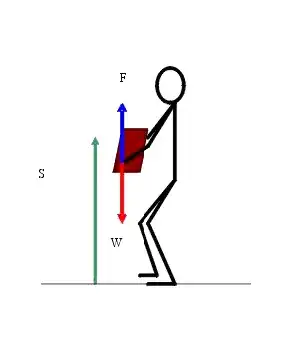A body must do work against an opposing force to continue motion.
I have found this statement many times. But what is the reason behind it? Suppose $F_1$ is acting on a body to accelerate it (to increase its KE). Then another force $F_2$, less than the former, acts on the body in the opposite direction. So, according to the above statement, the body must have to lose energy.
But why will the body lose energy? Is it rather a rule or is there any logic? Now if $F_2$ becomes much greater than $F_1$, what will happen? Will the body still lose energy? Please give me logic so that I can understand this.
